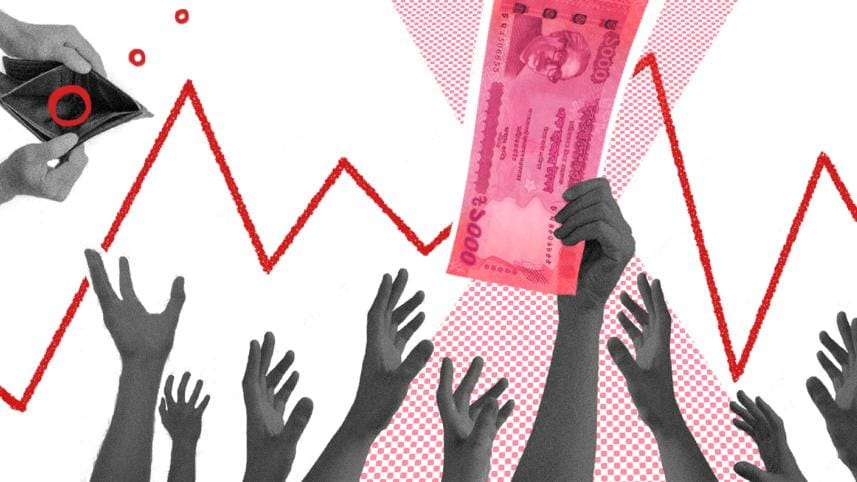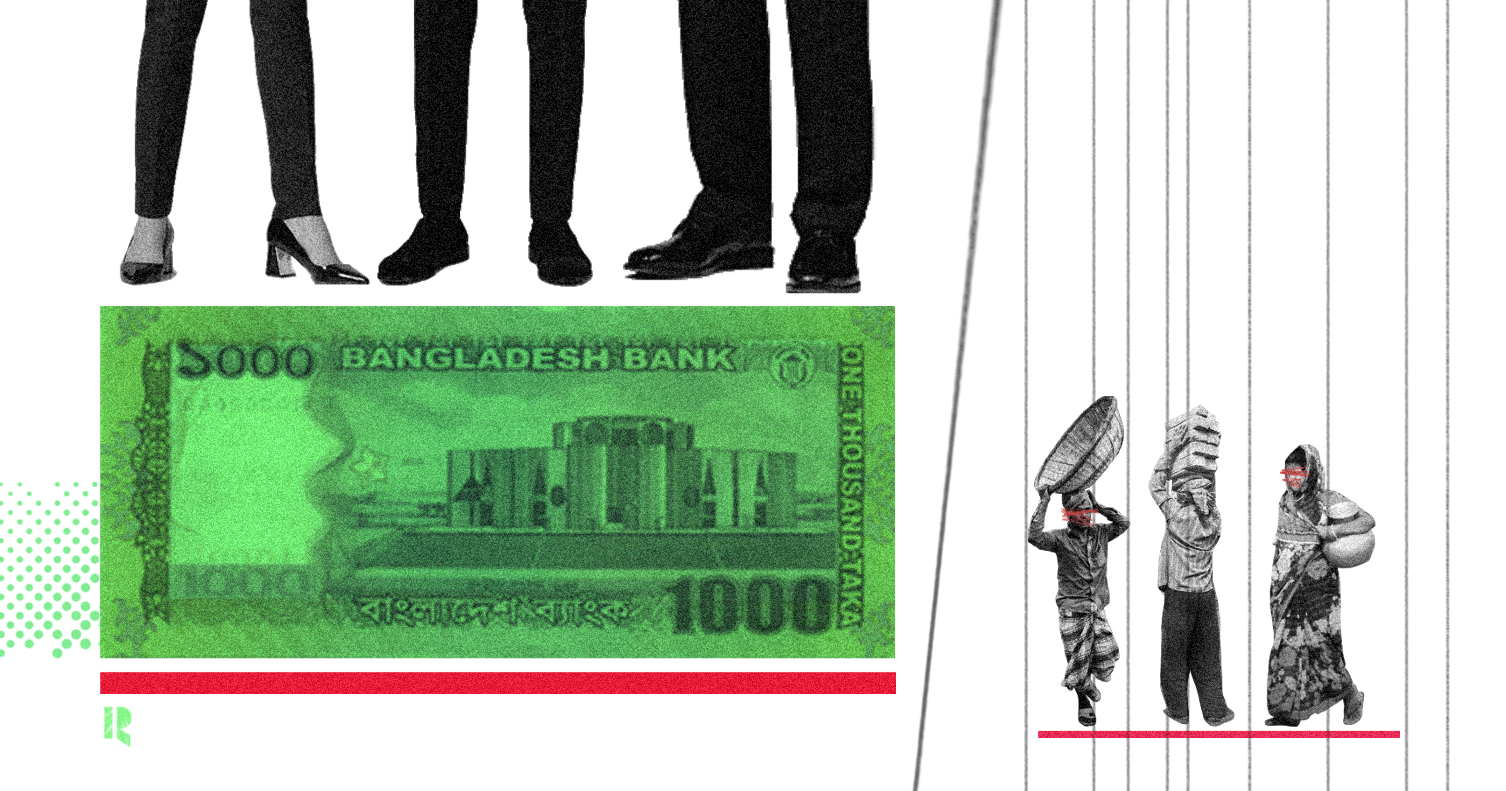There is no consistency or logic in the targets set in the budget

Given the unprecedented crisis Bangladesh's economy is facing – high inflationary pressures and macroeconomic instability – my expectations from the proposed budget of FY2023-24 were that it would ease the pressures and bring about much needed stability to the economy. Instead, what the budget has done is pose ambitious – and in my opinion, unrealistic – targets. For instance, the GDP target has been set at 7.5 percent, and it is being claimed that a major driver of such growth will be private sector investment. Surprisingly, it is being said that private sector investment will increase by six percentage points with respect to the GDP in the upcoming fiscal year. The total GDP to investment ratio will be 33 percent, while GDP to private sector investment will be 27.5 percent, which was 21.5 percent this fiscal year. Such a dramatic improvement in private sector investment in such a short period of time has not happened in Bangladesh, and is not feasible – it is completely unrealistic.
Let me talk about another anomaly. It is being said that there will be a dramatic improvement in private sector investment. But the question is, where will the investment for private sector financing come from?
Traditionally, our banking sector has been a big source of financing for the private sector via credit. Yet, when you look at the government's budget deficit financing this time – about 5.5 percent financing – almost Tk 1 lakh crore will be taken as loans from the banking sector. If the government takes up so much of the loans, what will be left for the private sector?
And if the government does not borrow so much from the banking sector, who will the government turn to for such financing? If it goes to the central bank, it will provide the financing by printing new money, which will increase the inflationary pressure within the economy.
Another completely unrealistic target is that of inflation, which the budget states will come down to six percent in the upcoming fiscal year. For more than a year, inflation could not be addressed because the government's policies and steps were inadequate. Meanwhile, there were a lot of anomalies in domestic market management, and on the fiscal side, too, import tariffs and duties could not be streamlined. Even now, we are citing the Russia-Ukraine war and the increase in prices in the international market as the causes behind our inflation, even though prices of products, including oil, have actually decreased in the global market. If we look at our neighbouring countries – and we should not be citing the examples of Pakistan or Sri Lanka whose economies are collapsing – such as India or Southeast Asian countries, they were able to successfully use their fiscal and monetary policies to rein in inflation.
While it is a good thing that the government has increased the income tax ceiling from Tk 3 lakh to Tk 3.5 lakh, if someone from a low-income household wants to get a trade licence, they will have to pay Tk 2,000. So, are we assuming that when many low-income people go to avail a service such as getting a trade licence, they have concealed information regarding their wealth? That they are not, in fact, from low-income households? What about those who are actually concealing information about wealth, or are loan and tax defaulters, or are involved in money laundering? What services will we withhold from them? Is there any bar on foreign travels for them? They are VIPs everywhere.
What should have the focus been instead?
We should have focused on addressing the macro-fundamentals, which would create a launching pad for the coming year's fiscal flow.
The main focus should have been on addressing the inflationary pressure and providing a much-needed break to lower income groups. Addressing the inflation is the most pro-people move the government could have made.
The IMF has already set some conditions – one important one is to improve the revenue side. To that end, some new taxes have been introduced – such as green tax on extra cars and additional tax on flat registration. Meanwhile, Tk 2,000 has been imposed as mandatory income tax annually for those who want to avail the government services including trade licence. While it is a good thing that the government has increased the income tax ceiling from Tk 3 lakh to Tk 3.5 lakh, if someone from a low-income household wants to get a trade licence, they will have to pay Tk 2,000.
So, are we assuming that when many low-income people go to avail a service such as getting a trade licence, they have concealed information regarding their wealth? That they are not, in fact, from low-income households?
What about those who are actually concealing information about wealth, or are loan and tax defaulters, or are involved in money laundering? What services will we withhold from them? Is there any bar on foreign travels for them? They are VIPs everywhere.
The whole tax structure is still very regressive, and the proposals in the new budget will make it even more regressive.
I believe we should look into these fundamental aspects. My expectation was that the main priorities would have been highlighted and would get more focus; instead we have been set on the same old path.
Dr Selim Raihan is professor at the Department of Economics of the University of Dhaka, and executive director at the South Asian Network on Economic Modeling (Sanem).




 For all latest news, follow The Daily Star's Google News channel.
For all latest news, follow The Daily Star's Google News channel. 

Comments